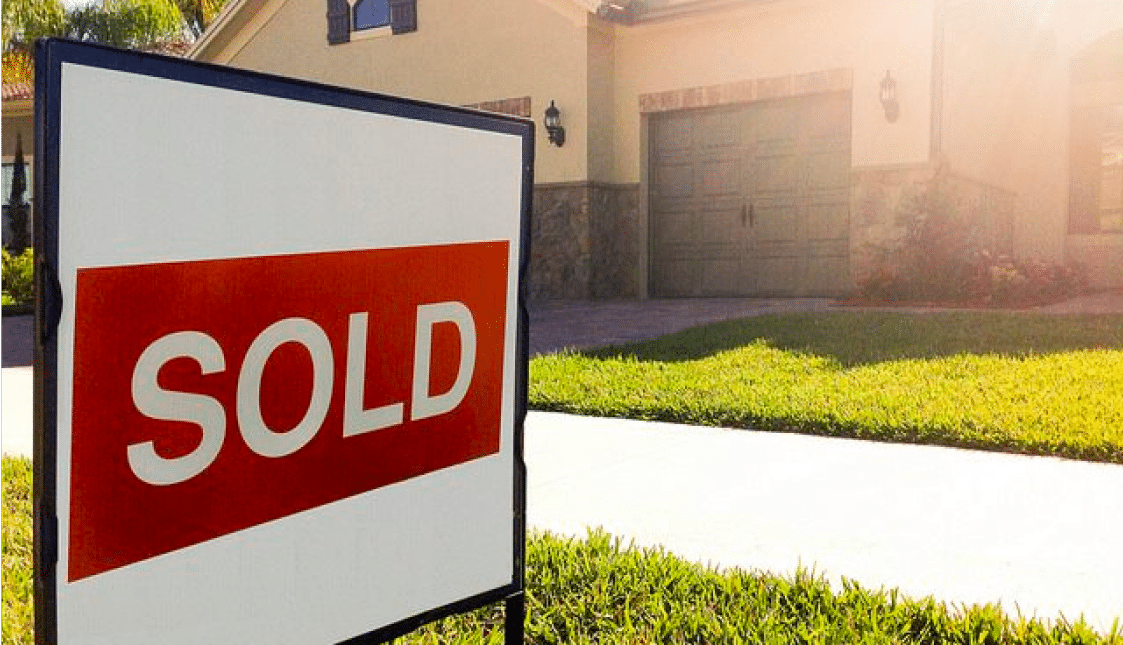
Topic
Financial System
“Income is how you get out of poverty; assets are how you stay out.” How do we build policies, programs, and products that reduce systematic inequality and advance financial security for all?
The Latest

Blockbusting the Big Boys: Bill Would Ban Hedge Funds from Owning Single-Family Homes
The End Hedge Fund Control of American Homes Act is an ambitious attempt to keep private equity's influence out of single-family homes. If passed, the bill will need ownership transparency to be effective.
Explore Articles in this Topic
Search & Filter Within this Topic
filter by Content Type
filter by Date Range
search by Keyword

Building Tenant Power: A Growing Movement Rises in Baltimore
Tenant organizing in Baltimore today is building on a rich legacy of tenant resistance in the city where residential redlining made its debut.

Major Changes Coming for CDFIs
Requirements to be certified as a community development financial institution (CDFI) will soon change—and some lenders that qualified before might no longer.
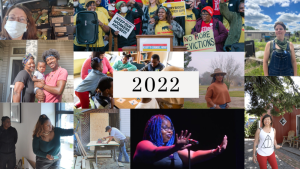
Shelterforce’s Top 10 Stories of 2022
Background explainers, affordability restrictions, and race and belonging topped the list of our most-read pieces of the year.

Is Everything in Your Lease Legal? Quite Possibly Not
Some leases plainly contradict state law or include questionable, punitive, or egregiously anti-tenant clauses.
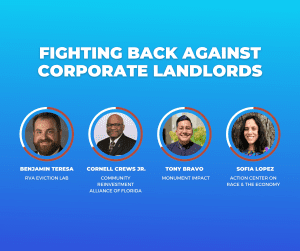
Fighting Back Against Corporate Landlords—A Shelterforce Webinar
Shelterforce recently hosted a conversation about how to fight, and win, against corporate landlords and their extractive business models. Watch the video or read the transcript.
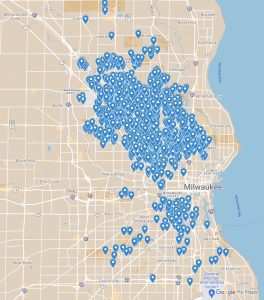
Corporate Landlords Profit from Segregation, at Cost of Black Homeownership and Wealth
As more and more affordable homes are gobbled up by corporate landlords, prospective Black homebuyers are seeing opportunities for homeownership dry up.

CDCs Are Having a Moment. Can the Momentum Last?
Over the past couple of years, community development corporations have been popping up in sometimes-unexpected places across the country. Will this increased interest in CDCs last, or is it a trend that will end when the money runs out?
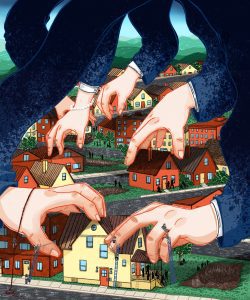
When Landlords Hide Behind LLCs
It’s difficult to know who owns a property because corporate landlords and investors tend to structure their business as limited liability companies, or LLCs.

Unmasking the Property Owners
There’s a reason land ownership is a matter of public record—but at the moment the records we have aren’t actually doing the job.
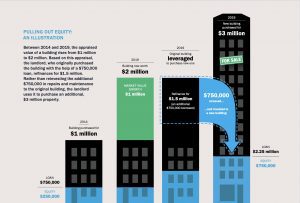
Breaking NYC’s Housing Speculation Cycle
When wealthy investors treat homes like poker chips, it is the tenants who end up losing. How do we interrupt the vicious cycle of speculation and displacement?
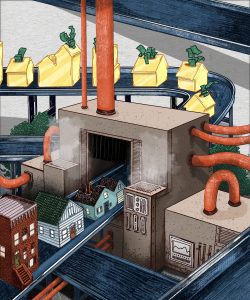
The Financialization of Housing and Its Implications for Community Development
Over the last two decades homeowners and investors have increasingly treated housing as a financial asset, like stocks or bonds. How has this changed the housing market for the worse, and how can we fix it?
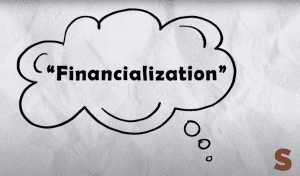
What Is the Financialization of Housing?
It’s a wonky term with real-life consequences. At its most basic level, the “financialization of housing” means treating a home like a financial asset first, and a place to live second. But there are many more perspectives.
